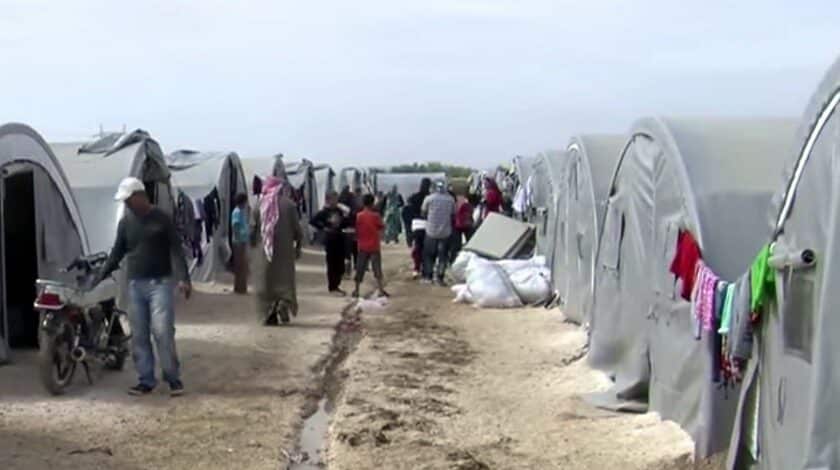The situation in northern Syria today is so tense that the slightest change in positions generates significant variations in postures and plans for all the actors involved in this conflict. President Trump announced, through a tweet, the withdrawal of American forces from northern Syria, leaving the field open for the launch of a new Turkish operation against the Kurdish YPG forces. But this announcement, clearly not concerted, triggered the ire of the American Congress, even in the camps of President Trump.
Thus, in quick succession, it was Liz Cheney, Marc Rubio, Lindsey Graham and the former ambassador to the United Nations Nikky Haley, who announced their great disapproval of this unilateral decision of the president, considered very dangerous both for the security of the region and for the image of the United States. In these times marked by the impeachment procedure initiated by the Democratic camps around the Ukrainian pressure scandal, President Trump could not afford a break with the leaders of his party, and once again in a tweet, expressed his decision to ensure the protection of Kurdish allies against Turkey, if the situation required it. A few hours later, the Pentagon announced that the American special forces present in northern Syria alongside the YPG forces would not be withdrawn, but that some of them would be redeployed.

However, this announcement may not be enough to dissuade President Erdogan from triggering the operation he has been preparing for several weeks, and on which he has already obtained the green light from Moscow and Tehran. Indeed, the Turkish president, who is facing a decline in his popularity having already cost him the mayoralty of Istanbul, cannot afford to appear constrained or feverish in the face of American threats. This is even more true today, after Mike Pompeo's visit to Athens last week to sign a defense agreement allowing the US Navy and US Air Force to use more naval and air bases. Greeks, and during which he openly took a stand against Turkish claims on Cypriot gas. In fact, after the elimination of Turkey's F35 program, and President Trump's repeated threats against the Turkish economy, opposition with the United States has become, for President Erdogan, a question of credibility in matters of domestic policy, its nationalist political argument being largely centered on the return of Turkey to the ban of the great nations.
Europeans, and in particular France, are remarkably little talkative about this Syrian crisis, limiting themselves, in public, to calls for consultation. This media silence has two reasons. Firstly, European countries are trying, as far as possible, to calm things down, by working behind the scenes to maintain the status quo. Above all, European capitals know that in the event of a serious crisis with Ankara, they could see the Turkish president stop keeping the vast majority of Syrian refugees on his territory, effectively creating a wave of migrants towards Europe comparable to that of 2015. However, Paris, Berlin and Rome know that a new wave of this type would risk tipping many European governments towards populism and nationalism, with, in the long term, significant risks for the European Union. In fact, Europeans cannot, today, openly take up the cause of the Kurds against Ankara, as long as the Turkish president holds this ax over the European democracies.

Still, a massive operation by Turkish forces in northern Syria could well revive tensions throughout the region, already largely destabilized by anti-government demonstrations in Iraq, and the growing opposition between Jerusalem, Riyadh and Tehran. And it will take more than a few promises to get Ankara not to implement its plan. As always, a country's foreign policy and its use of arms are above all conditioned by elements of domestic policy. It is therefore on this aspect that it will be necessary to identify areas of negotiation with President Erdogan, to avoid what could well be a second conflagration in the Middle East.
